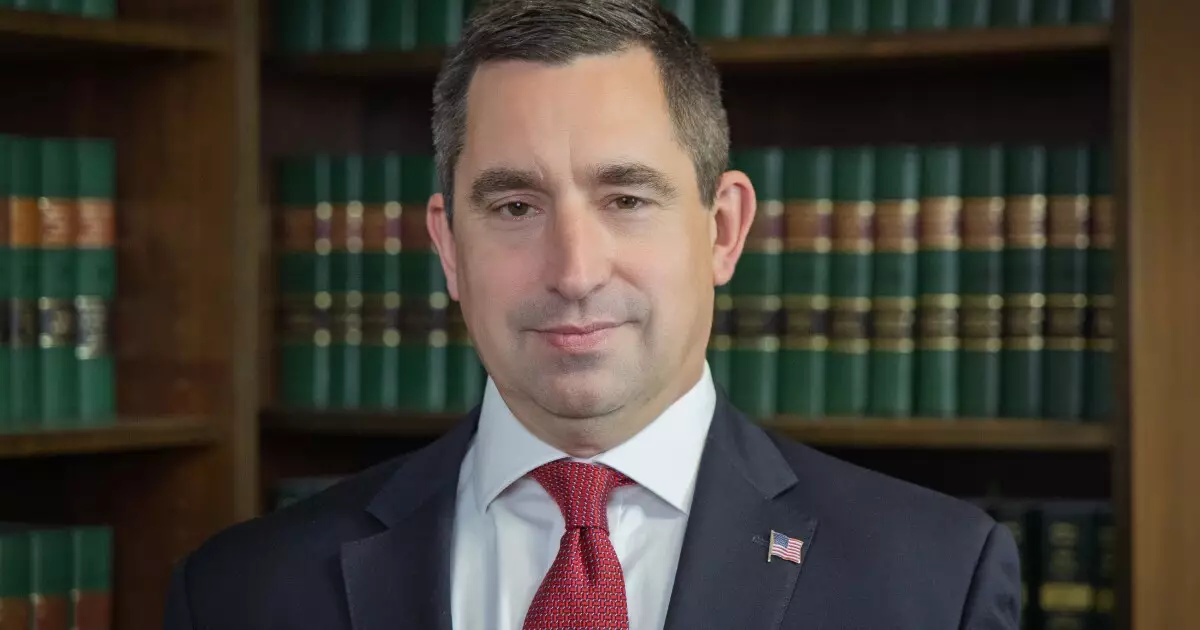The appointment of Jeff Poley as the interim director of the State and Local Government Finance Division in North Carolina signals a significant shift in the state’s approach to local finance and governance. State Treasurer Brad Briner’s choice reflects not just an attempt to fill a gap after Deputy Treasurer Debbie Tomasko’s recent departure, but also an acknowledgment of Poley’s remarkable experience. He brings over three decades of legal expertise in bond financing—which, in itself, is a big deal in a state that relies heavily on effective management of municipal debt. However, it remains to be seen whether such a well-versed figure in local government can navigate the turbulent waters of political interests while pushing for fiscal responsibility.
A Fragile Trust in Governance
Poley’s acceptance of the interim position lays bare a precarious trust in the current structure of North Carolina’s local governance. His history of cultivating relationships in the state is commendable; however, this brings forth a palpable question: will those relationships translate into tangible action that benefits the municipalities? Having already managed the urgent distribution of loans following Hurricane Helene, one hopes that Poley’s experience can consolidate effort during this interim phase. Yet, skepticism is warranted here. Past performance is not always indicative of future results, especially when sustainability is at stake.
The Local Government Commission: A Double-Edged Sword
This situation also highlights the function of the Local Government Commission (LGC), a body with far-reaching influence on municipal bond proposals. The composition of the LGC—including a mix of public members and political figures—while intended to guarantee transparency and accountability, raises concerns. Does the presence of active politicians dilute the decision-making process? Can a politically charged environment uphold two fundamental tenets: fiscal prudence and integrity? Amidst the potential conflicts of interest, it’s imperative that Poley advocates for strict adherence to ethical guidelines, while ensuring the city councils and county officials also operate under the same level of scrutiny.
Prioritizing Immediate Concerns Over Long-Term Solutions
Despite Poley’s impressive credential—having crafted the Hurricane Helene Cashflow Loan Program—one has to wonder whether immediate fixes are masking deeper systemic issues. The culture around public finance shouldn’t merely prioritize short-term solutions to crises; rather, it should also encompass long-term strategies for sustainable growth. The financial landscape is evolving rapidly; thus, North Carolina must not lag behind in developing future frameworks geared toward better fiscal health across all levels of government.
Change is Necessary, But Will It Happen?
There’s no denying that Poley’s knowledge and experience could prove beneficial for the state. However, the lack of interest in a permanent role hints at a potentially transient leadership episode, one that doesn’t promise the transformative change North Carolina desperately needs. A clear, consistent vision must underpin any leadership approach in the realm of municipal finance, lest we be caught in a cycle of mediocrity. Whether Poley can emerge as a catalyst for real change remains to be seen, but his interim position bears the weight of immense hopes. As observers, we must remain vigilant and insist that North Carolina’s financial governance not slide back into complacency.

